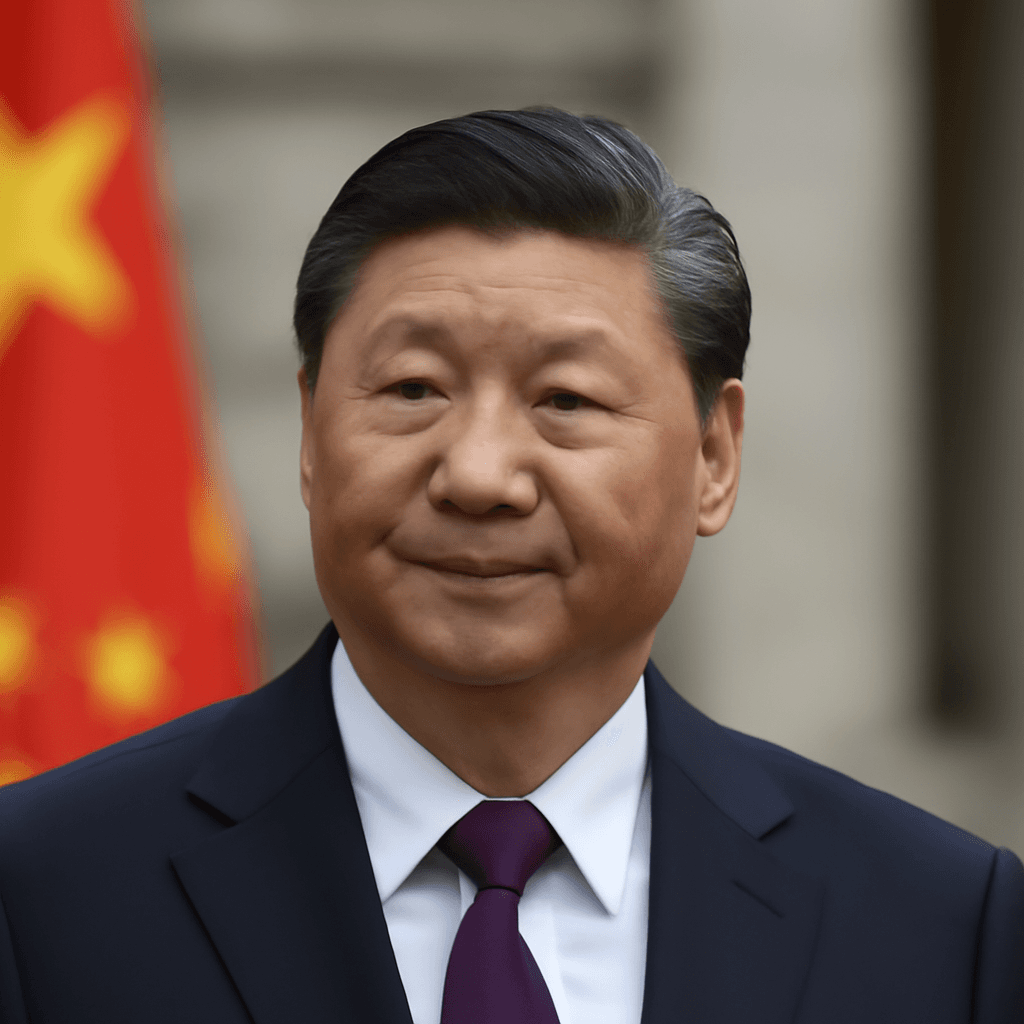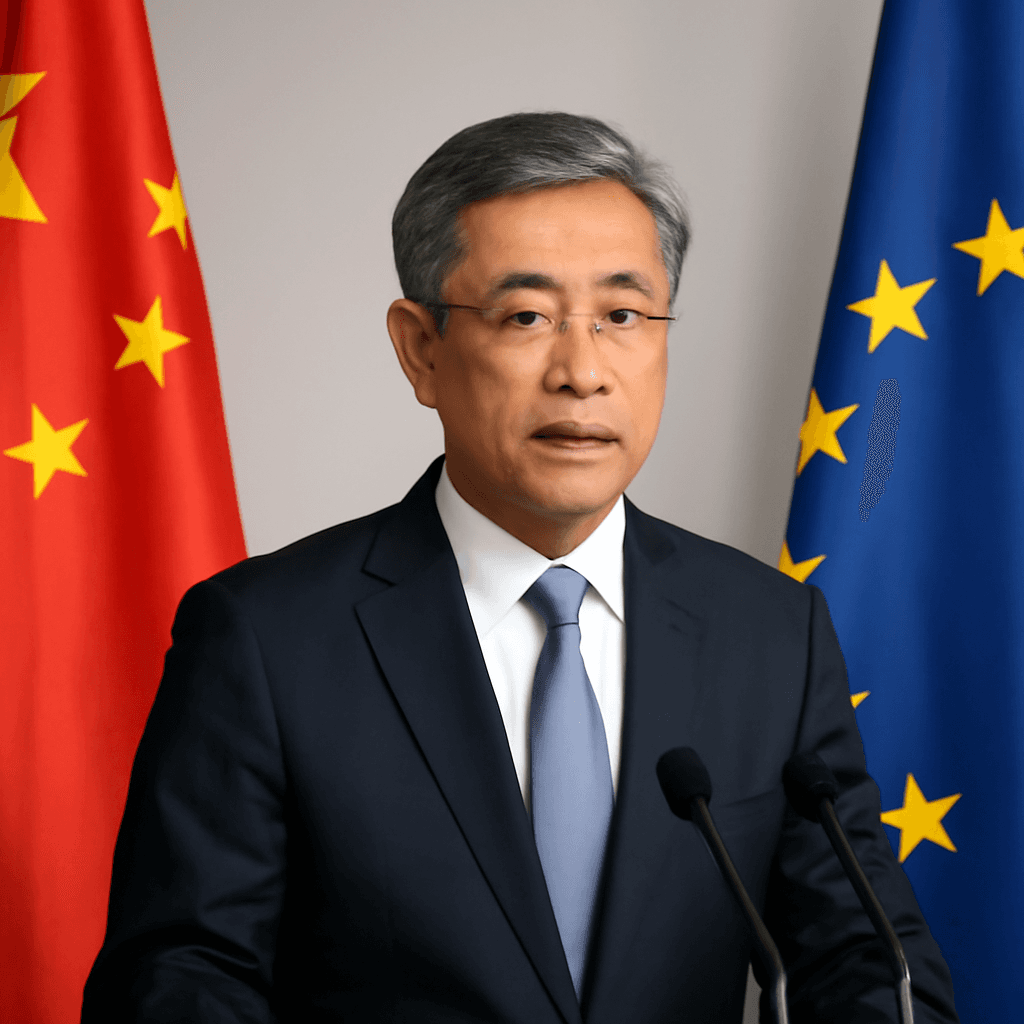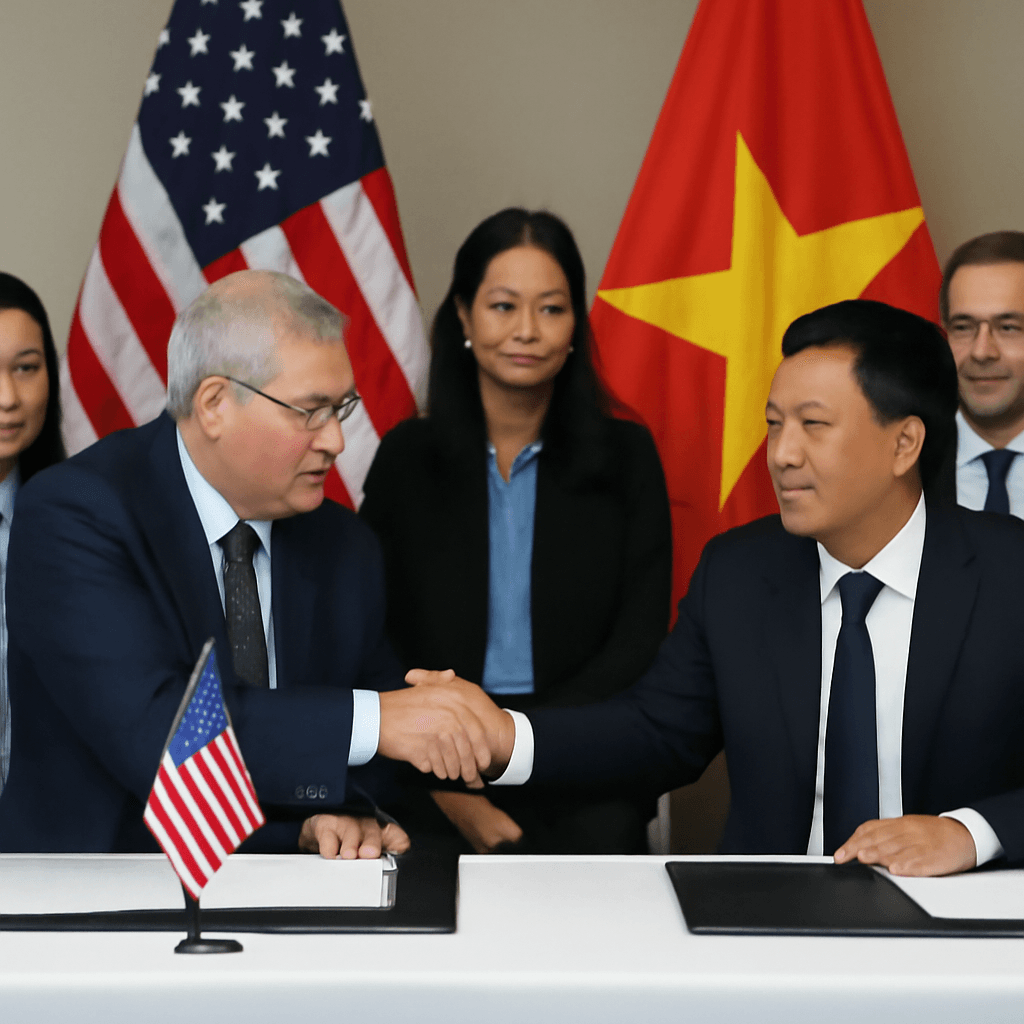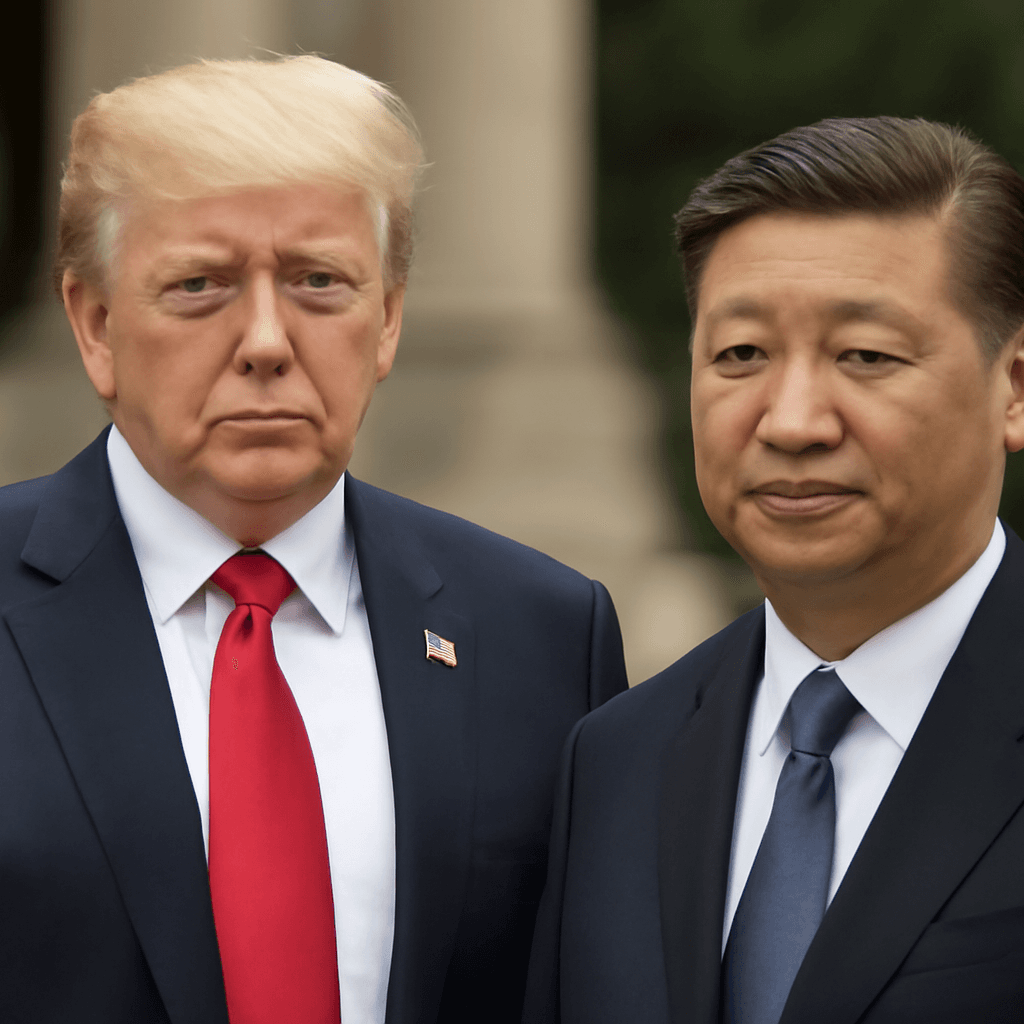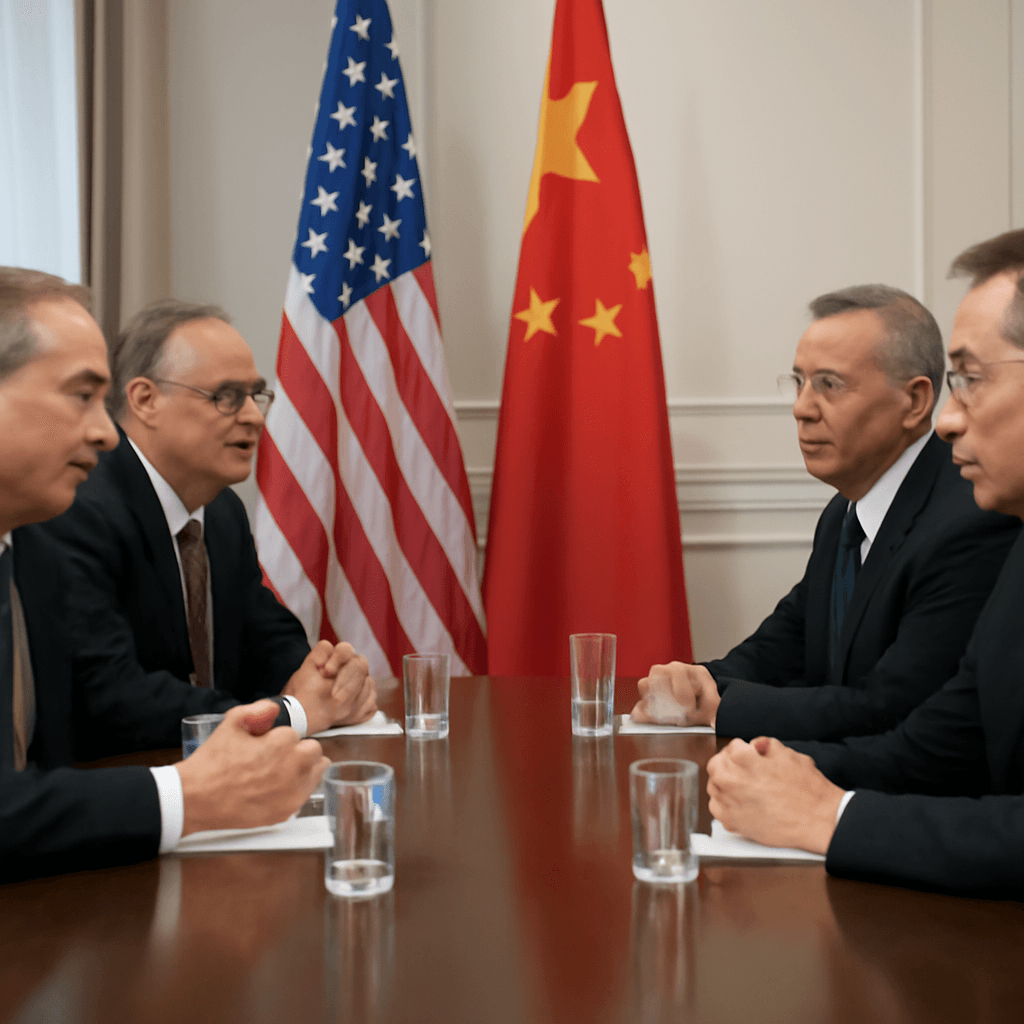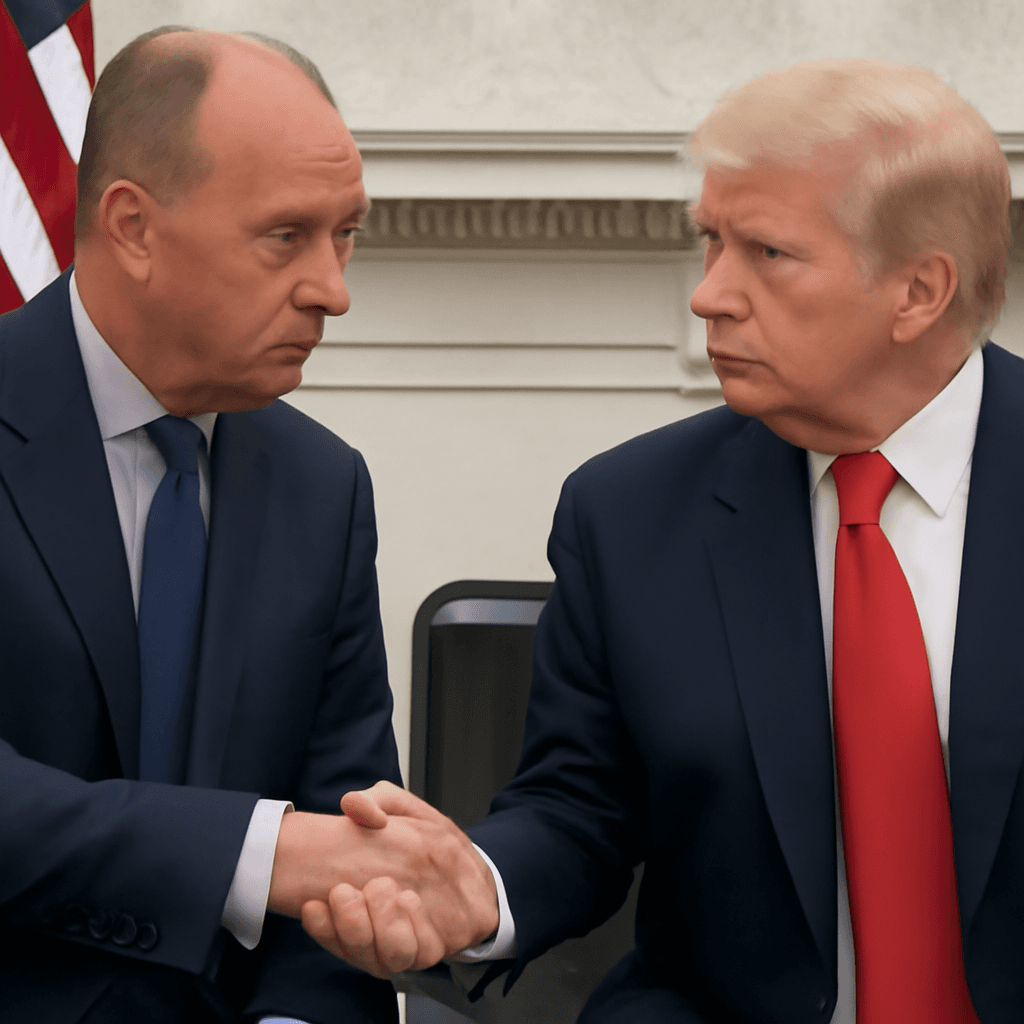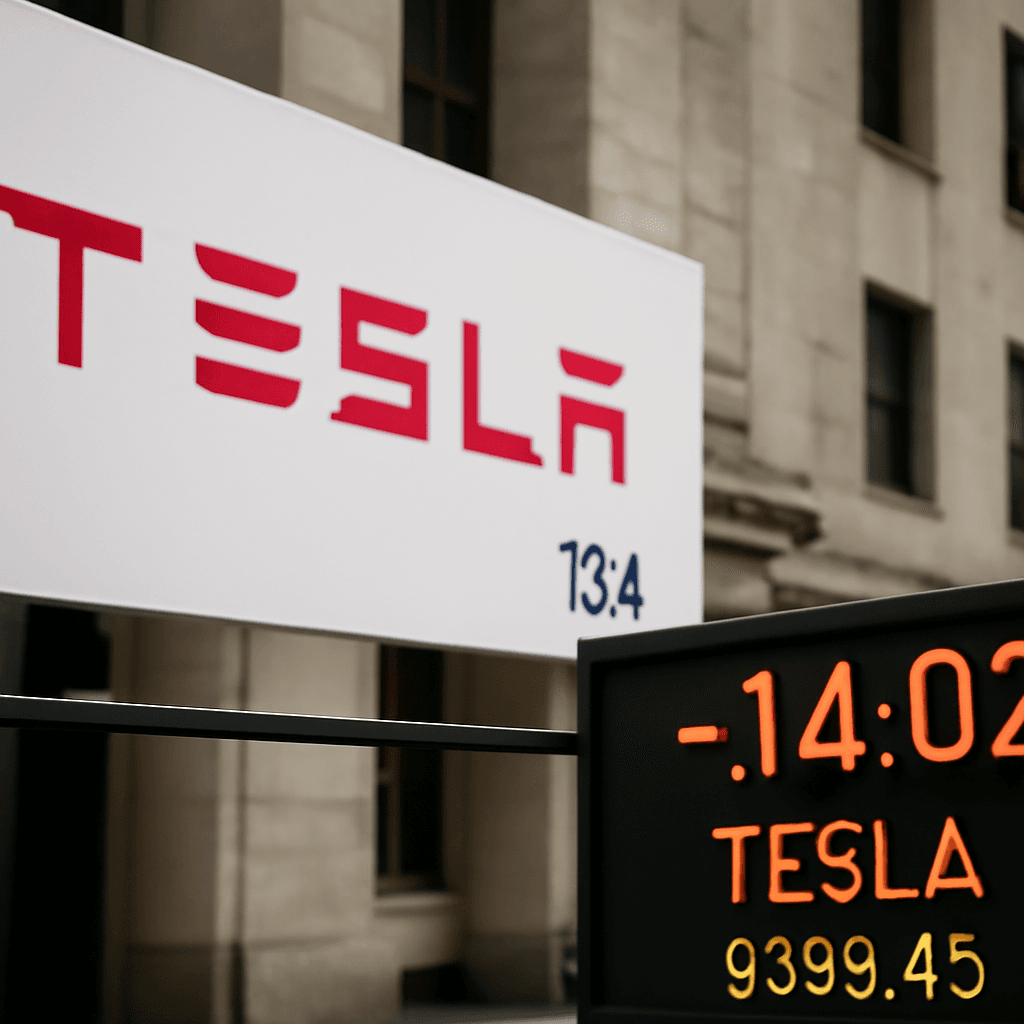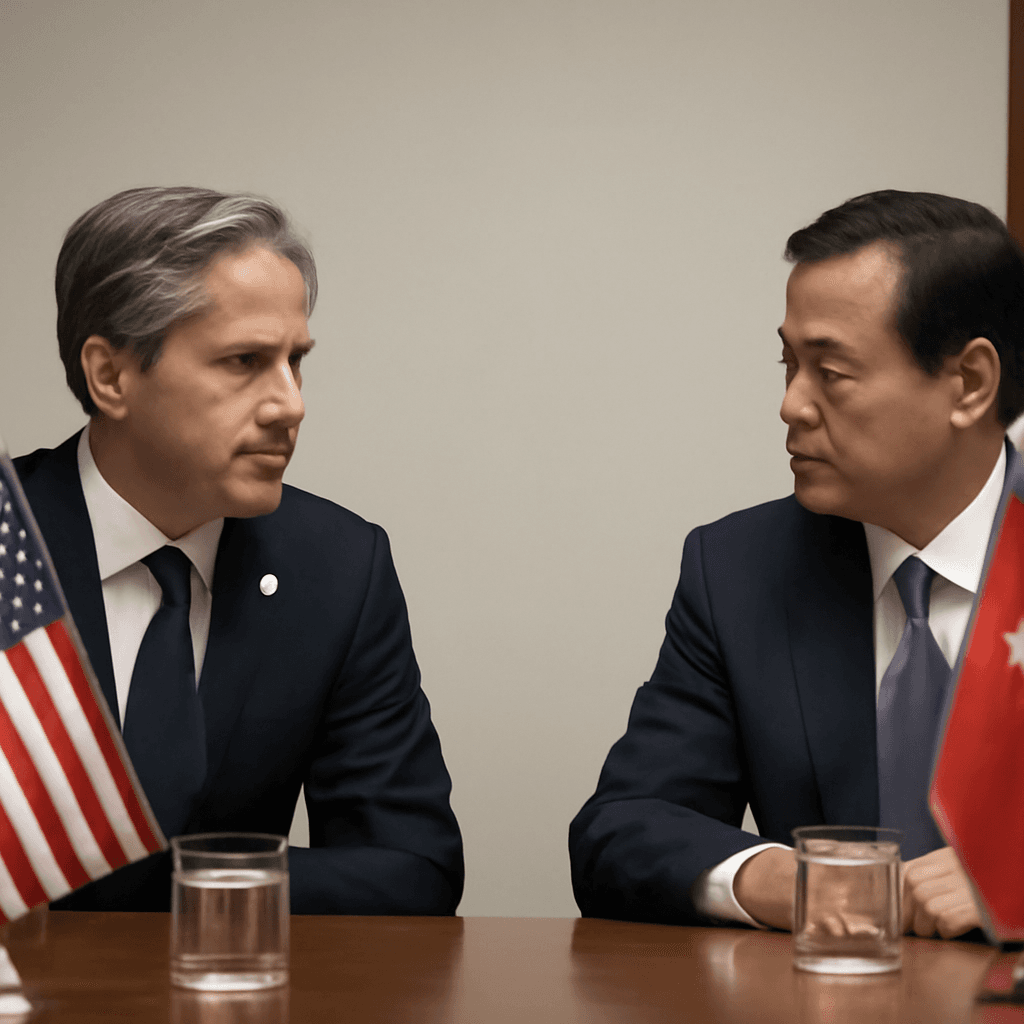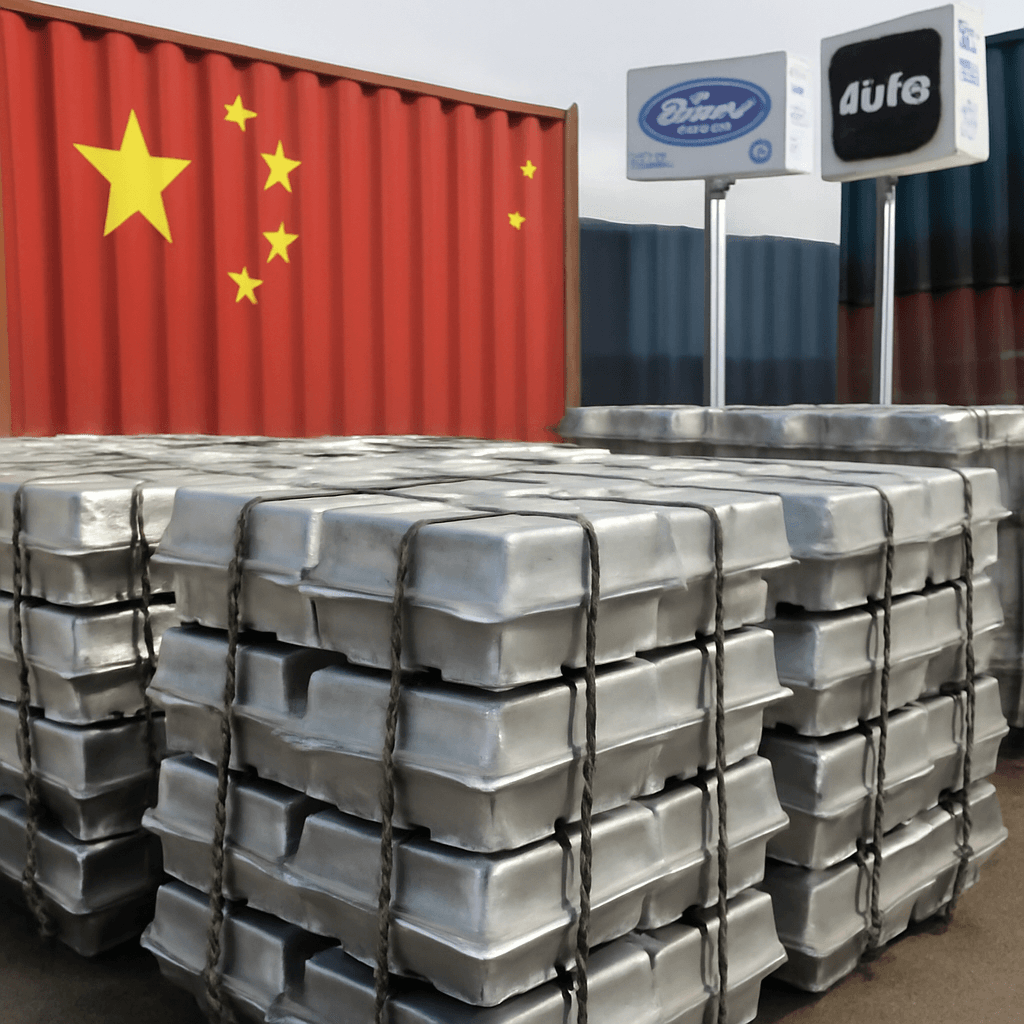China to Resume Rare Earth Mineral Exports to the U.S.
U.S. President Donald Trump announced on June 6, 2025, that Chinese President Xi Jinping has agreed to allow the flow of rare earth minerals and magnets to the United States. This development marks a significant step toward easing the ongoing trade tensions between the world’s two largest economies.
Details of the Agreement
Speaking to reporters aboard Air Force One, President Trump confirmed Xi’s consent to the supply of rare earth minerals to the U.S., which are critical for various industries including automotive manufacturing, computer chips, and defense. The Chinese embassy in Washington has yet to provide an official statement regarding this agreement.
Prior discussions between the two countries aimed at resolving these trade issues have yielded positive outcomes. Trump described the recent talks as having "a very positive conclusion" and emphasized that questions regarding the complexity of rare earth product trade should no longer persist.
Temporary Export Licenses and Upcoming Meetings
In addition to the verbal agreement, China has issued temporary export licenses to several rare-earth suppliers serving the U.S. market. This move is expected to stabilize supply chains disrupted by previous export restrictions.
To further solidify this progress, senior U.S. officials are scheduled to meet with their Chinese counterparts in London on Monday to continue bilateral trade negotiations. President Trump expressed optimism, stating, "We’re very far advanced on the China deal."
Background on Trade Relations and Tariffs
Earlier, on May 12, 2025, the U.S. and China agreed in Geneva to roll back most of the punitive tariffs that had been imposed on each other for a 90-day period. This agreement initially provided relief to global financial markets concerned about escalating trade conflicts.
However, China’s prior suspension of rare earth mineral exports had significantly disrupted supply chains crucial for manufacturing and defense sectors worldwide. The use of such critical minerals has been a strategic element in ongoing trade disputes. Additionally, sanctions targeting exports of chip-design software and other technology transfers to China further strained relations, with both sides issuing countermeasures and allegations of non-compliance.
Strategic Importance of Rare Earth Minerals
Rare earth elements represent a significant bargaining tool for China in trade negotiations. The minerals are essential components in various high-tech products, from electric vehicles to military equipment. Any disruption in supply risks impacting U.S. economic growth and industrial output, increasing political pressure on the administration.
Conclusion
Since January 2025, President Trump has adopted an inconsistent approach toward trade policies, alternating between imposing and rescinding punitive measures on international partners. Despite the uncertainty this approach has caused among global leaders and businesses, the recent agreement on rare earth minerals hints at potential stabilization in U.S.-China trade relations.

